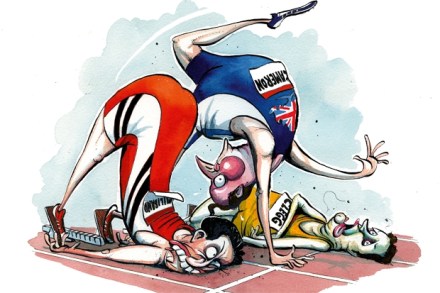Numbers, not arguments about legitimacy, will decide who enters No.10 after May 7
Lyndon Johnson’s first lesson of politics was to be able to count. It’s something that many of those commenting on the various post-election scenarios could do with remembering. Let’s start with those who think that there is some overriding importance in being the largest single party and that this gives you the right to form a government, even if you lack a majority. It is never clear what people expect the other parties to do in such a scenario. Assume, for example, that after the election the Conservatives are the largest party but without a majority, and there is an anti-Conservative block that is larger. Do we really expect the



















